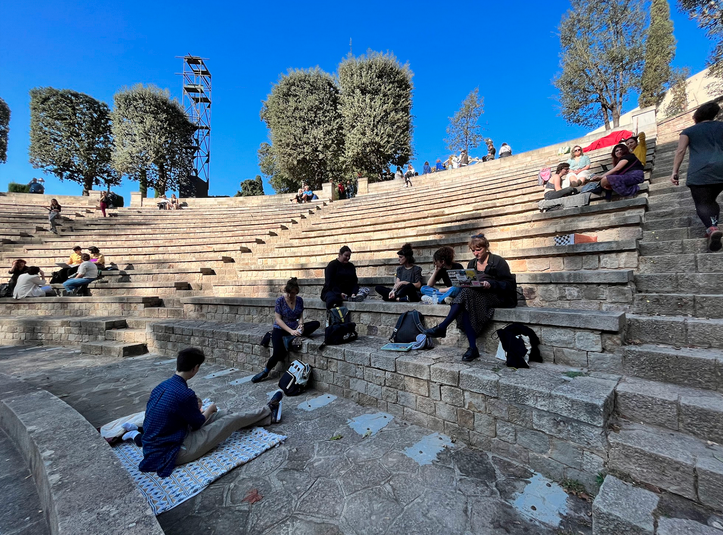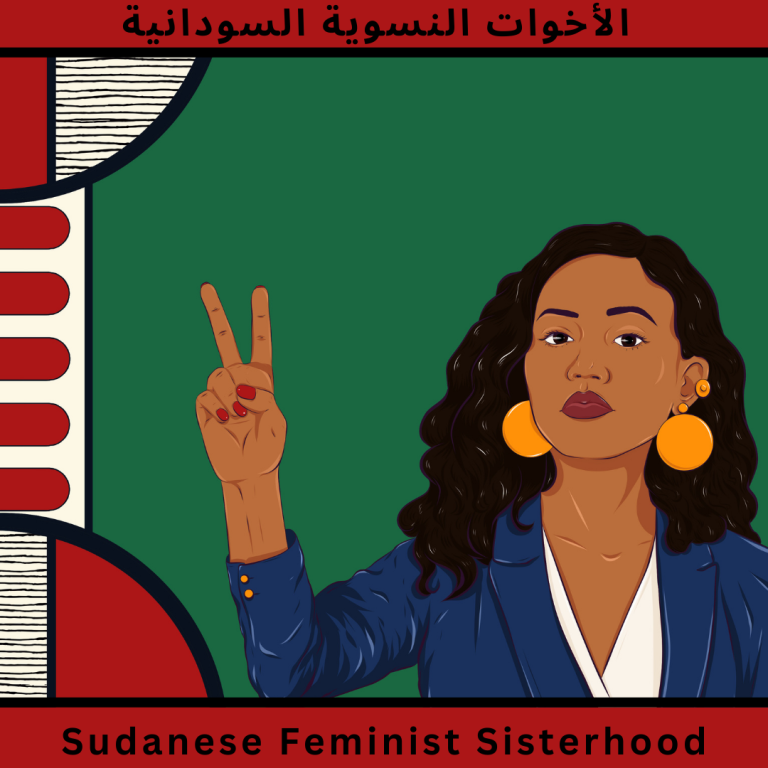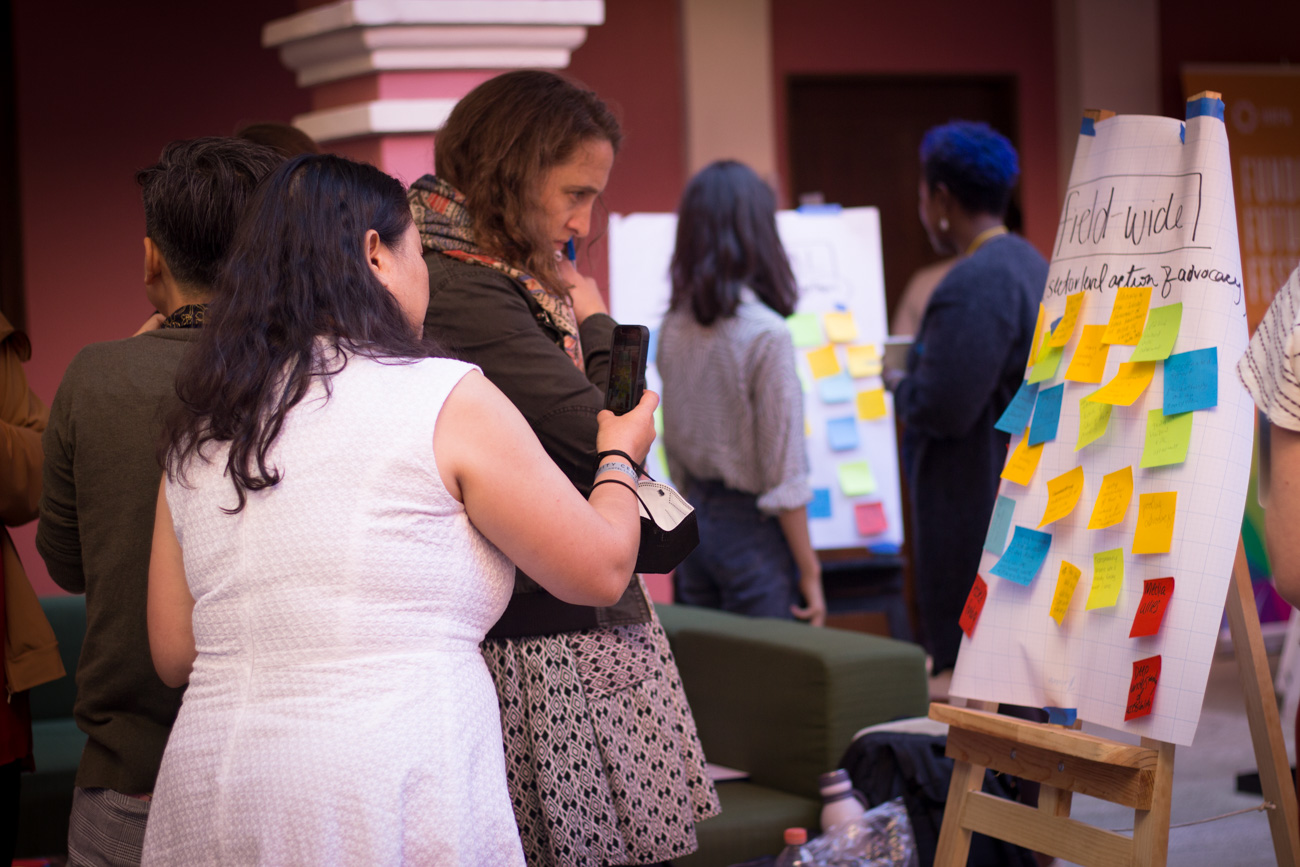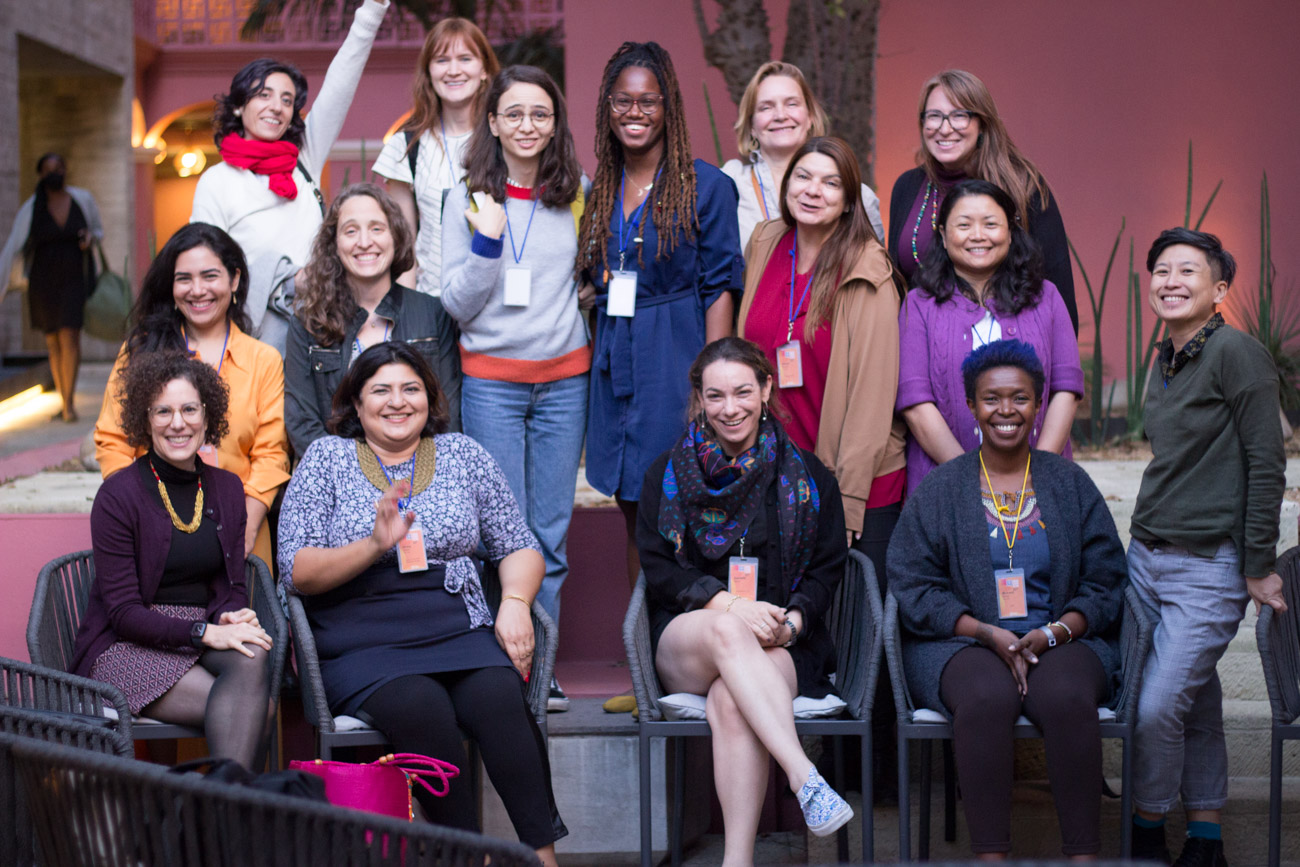Turning crisis into long-term action: Seeding a Collaborative Fund for Central and Eastern Europe, Caucasus, and Central and North Asia (ceeccna) Region
Nino Ugrekhelidze and Angelika Arutyunova, Collaborative CEECCNA Regional Fund Co-Founders.
As we cross the mark of one year since the Russian full-scale invasion of Ukraine in February 2022, it is time not only to count the losses but also to reflect on the lessons learned to do better in crisis and long-term response. The invasion put Eastern Europe on the global philanthropic and humanitarian sectoral maps. Despite the unprecedented influx of resources to the emergency response, funding flows have exposed critical gaps in addressing the roots of deeply intertwined human rights and humanitarian crises regionally in CEECCNA (Central Eastern Europe, Caucasus, and Central and North Asia).
As 2022 was coming to a close, it was clear that many funders’ passion to support Ukraine was wearing off and the funding may be dwindling. As feminist resource activists from the region, we recognized the importance of this moment for the philanthropic ecosystem to shift the perspective—zooming out and widening our understanding of the far-reaching impacts of the Russian imperial anti-rights agenda on the whole region.
After rounds of conversations with funders and regional social justice organizers, we collectively crystallized our vision of funding needs for the region and gaps that the philanthropic sector should approach more strategically. In this spirit, we initiated the CEECCNA Collaborative Fund as a new funding mechanism to facilitate better resourcing of social justice movements in the region.
Moving beyond the mode of ‘one crisis at a time’, the collaborative fund is a response to the complex realities, the multiplicity of crises in the region (e.g. Armenia, Georgia and Kyrgyzstan alongside Ukraine), and the rapidly changing hostile political environments for social justice organizing in CEECCNA.
We aim to move funding toward the bold, strategic, and innovative work of regional grassroots organizers centering movement-led strategy and participatory grantmaking. We hope that the fund will serve as a vehicle for funders—both old and new—in the region to invest in the visions, propositions, and leadership of local organizers.
Additionally, the new CEECCNA collaborative fund aims to explore avenues to enhance cross-sectoral collaboration and coordination among philanthropic, humanitarian, and development sectors to provide a systemic approach to supporting regional movements.
We announced the creation of the CEECCNA Collaborative Fund at the HRFN Funding Futures Festival in Oaxaca, stepping into a year of building long-lasting mechanisms in the region to provide much-needed strategic and timely resources driving systemic change.
Georgia Updates: Georgia’s new foreign agent law puts the country on the verge of a human rights crisis
Take Action: Call for solidarity with civil society and independent media in Georgia in their resistance against the draft law on ´Agents of Foreign Influence´
Authors:
Nino Ugrekhelidze is a feminist resource activist and philanthropic advocate from Tbilisi, Georgia. She brings 15 years of experience working with regional and global grassroots-based feminist, gender justice, and anti-militarist organizations and movements to advance social justice and human rights.
Angelika Arutyunova is an Armenian international feminist social justice consultant and advocate from Uzbekistan with over two decades of experience in mobilizing and moving resources to feminist and social justice organizing, participatory grantmaking models, rights-based action research, feminist strategy development, feminist facilitation, and teaching Feminist Resource Mobilization.




